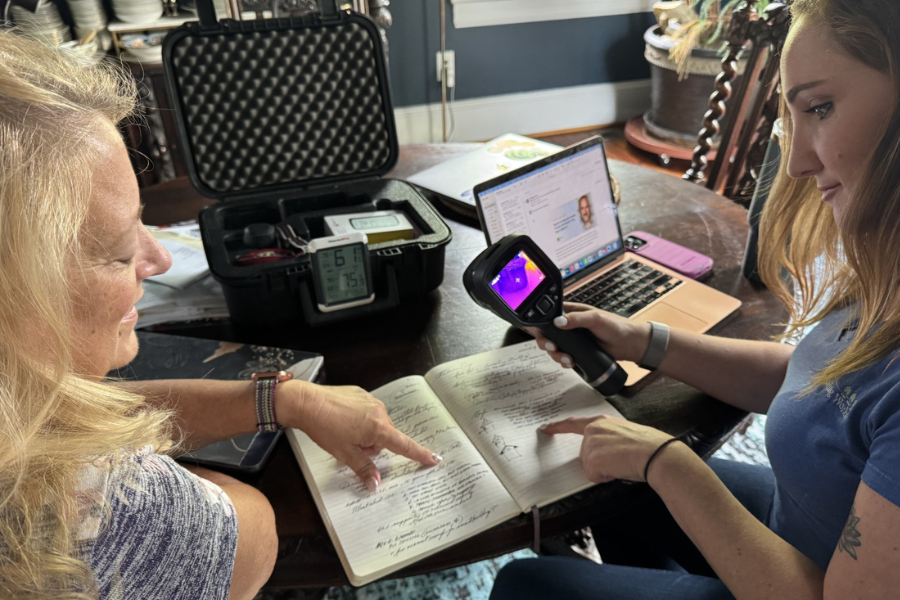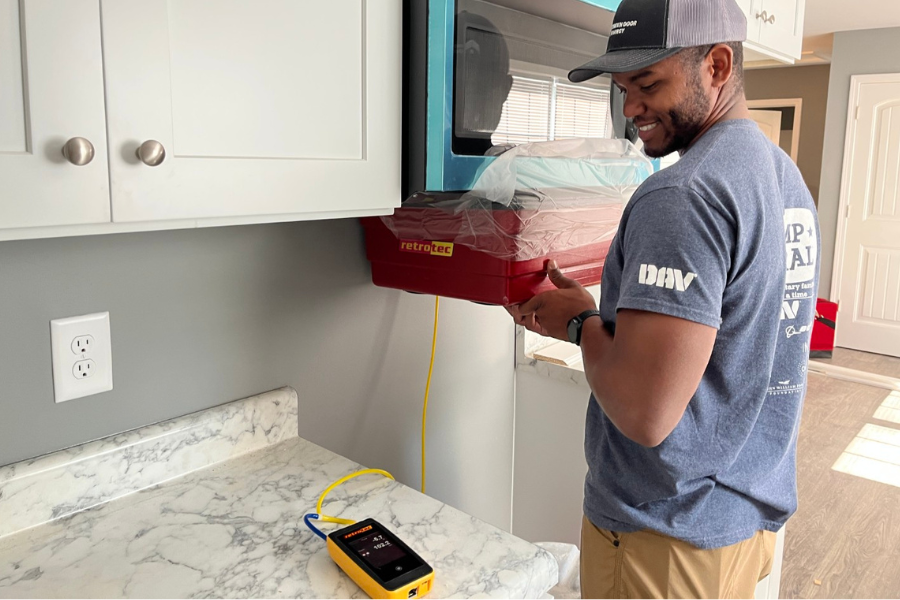Feb 18, 2025
Contractor Toolkit: Attracting Business Using Search Engine Optimization (SEO)
We know you're busy, so let us help you market your business online. In this toolkit, you'll find SEO best practices, customizable blogs, and social media templates.

We know contactors are busy and not everyone has a social media marketing budget—so we’re here to help. We’ve created a toolkit for you to use that will improve your local visibility and attract more customers online.
In this toolkit, you have:
- 3 blogs geared toward consumers that are customizable to your business
- 3 customizable social media post templates you can use to promote the blogs
- Accompanying graphics for both the blogs and the social media posts; just add your logo!
SEO Best Practices
To maximize the impact of your blog post and improve its visibility in search engines, it’s important to follow key SEO best practices. These simple strategies will help your content rank higher, attract more visitors, and encourage engagement. Keep these tips in mind as you customize and publish your blog.
Use relevant keywords: Incorporate industry-specific keywords like the ones we’ve included below to categorize your content and help it rank higher for relevancy.
Optimize your title and headings: Ensure the blog title is clear, engaging, and keyword-rich. Use H1 for the main title and H2/H3 for subheadings to improve readability and SEO.
Write a compelling meta description: Include a brief, keyword-rich summary (about 150 characters) that encourages users to click on your blog post.
Include internal and external links: Link to relevant pages on your website (e.g., services, about us) and authoritative external sources to boost credibility and SEO.
Avoid URL shorteners when including links: URL shorteners like bit.ly can confuse search engines about the content of the link.
Use alt text for images: Add descriptive alt text with keywords to all images, improving accessibility and search engine rankings.
Keep URLs simple: Use clean, readable URLs like: yourwebsite.com/energy-efficient-home-benefits instead of long, unclear links.
Encourage engagement: End your post with a call to action like “Contact us to learn how energy efficiency upgrades can improve your home.” This helps with conversions and keeps visitors on your site longer. (You’ll see we provided these for you in the blogs.)
Optimize for mobile: Ensure your website and blog post are mobile-friendly, as most users browse on their phones.
Share on social media: Boost visibility by sharing the blog post on LinkedIn, Facebook, and industry-specific groups to drive traffic to your site.
Blog Topics
Below you’ll find an overview of each blog and a form to fill out to download them. Once downloaded, you’ll receive each blog, along with social media language templates, accompanying graphics, and SEO keywords.
1. What is a Home Energy Contractor and Why Do You Need One?
This blog explains our industry at a foundational level, describes the house-as-a-system concept, and lets customers know what their first steps should be.
2. How to Keep Your Home Warm and Save Money This Winter
This blog explains the building envelope and explores seasonal heating and cooling costs.
3. How Energy Efficient Home Upgrades Can Improve Your Health
This blog goes into detail on how indoor air quality can affect health and lists the non-energy benefits of home performance.
Fill out the form below to download the full toolkit.
Contractor Toolkit
"*" indicates required fields





